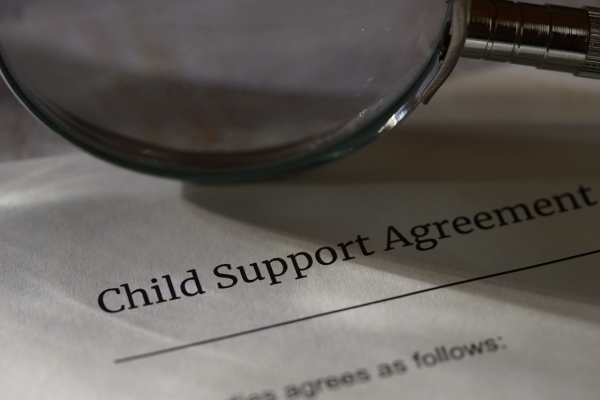- Contact Us Today! (925) 522-8889

In a divorce case involving children, there will likely be payment of child support ordered by the court. The law states that both parents have an obligation to provide for their children. This means the non-custodial parent must pay child support to the custodial parent. Child support is meant to pay for the child’s basic needs, such as food, clothing, housing, medical care, and education.
However, this does not always happen. Even though the children rely on this financial support to pay for their needs, their custodial parent does not always receive it. In fact, non-payment is common. According to the Department of Child Support Services, Californians owe close to $12 billion in child support. That is a lot of money that children are not getting. Due to this non-payment, children and their parents are struggling. Some parents have to work multiple jobs in order to pay for necessities. Many drown in debt. Children often go without.
Arrears is a legal term that refers to debt. Child support arrears means that a parent is ordered by the court to pay child support, and they do not pay it in full. They may only pay a part of it or none at all.
Most child support payments are due on the first of every month. The payor has 30 days to pay the child support, or it is considered late and put in arrears. With few exceptions, a parent is obligated to pay child support until their child reaches the age of 18.
Child support is an obligation that is taken seriously. This debt cannot be eliminated, even in bankruptcy.
California has a Debt Reduction Program in place. This program provides eligible parents with past-due child support payments the opportunity to reduce the amount they owe to the government. If you qualify, you will be able to offer a compromise repayment to the state. This means you may offer to reduce the debt by paying an amount that is less than the full amount you owe.
A debt reduction agreement must take into consideration the needs of the children and the parent’s ability to pay. Any reduction in your arrears and interest owed will be based on your income and assets.
Any payments of child support are not considered income to the recipient, nor are they tax-deductible to the payor of child support. So, when it is tax time and you calculate your gross income to see if you are required to file a tax return, do not include child support payments.
However, in order to receive this tax-free treatment, you need to be specific about the payments. It is extremely important that your court orders specify that the payments are designated as “child support.” Without this designation, it is possible that the payments may not be considered child support for tax purposes.
 (925) 522-8889
(925) 522-8889
© 2026 David M. Lederman Law. All Rights Reserved. | Privacy Policy | Disclaimer | Site Map